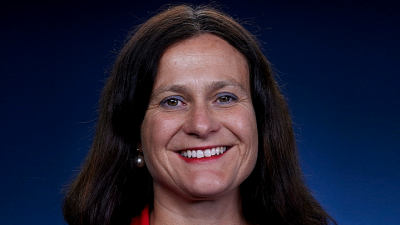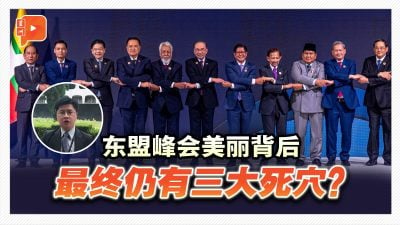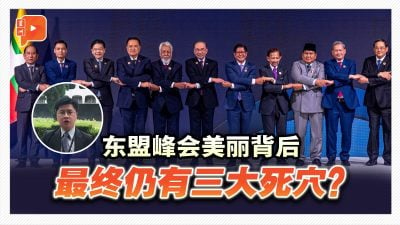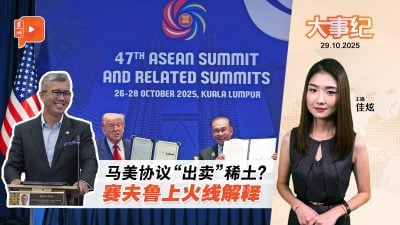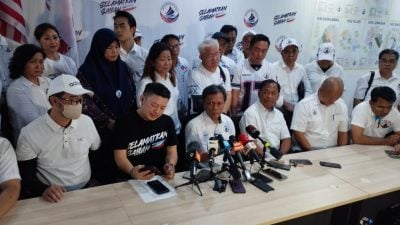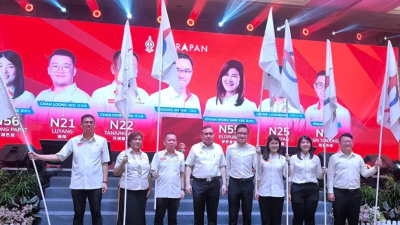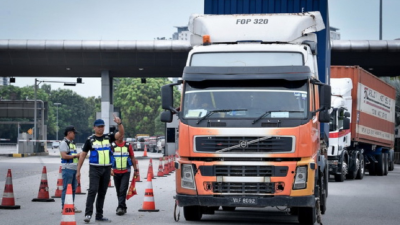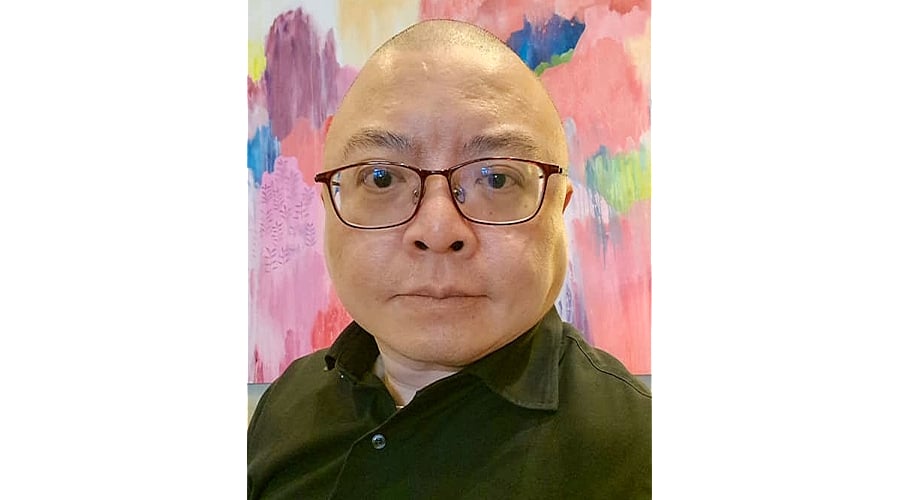
French President Emmanuel Macron’s foray into Southeast Asia, including his high-profile visits to Vietnam, Indonesia, and Singapore, is emblematic of France’s ambition to reclaim its stature as a global—indeed, Indo-Pacific—power.
In rhetoric and gesture, Macron has tried to position France not as a peripheral actor, but as a resident stakeholder in the Indo-Pacific, which spans two oceans and encompasses 60 percent of the world’s population.
However, despite the soaring ambition, Macron’s strategy risks being seen as episodic, and at times, opportunistic.
The limits of France’s Indo-Pacific footprint are evident, and the burden of sustaining relevance in Southeast Asia—a region increasingly caught in the crosshairs of the US-China rivalry—demands more than symbolic diplomacy or naval presence.
France’s late awakening in the Indo-Pacific
France is, technically, an Indo-Pacific power. Its overseas territories in the Indian Ocean (Réunion, Mayotte) and the Pacific (New Caledonia, French Polynesia) grant it a 9 million square kilometer Exclusive Economic Zone (EEZ), making it the largest Maritime Power by EEZ alone.
Over 1.5 million French citizens live in the Indo-Pacific, and 7,000 troops are stationed across its territories.
But France’s strategic engagement in the region has historically been tepid, often limited to bilateral defense sales and occasional naval diplomacy.
Unlike the US, China, or even Japan and Australia, France has lacked the institutionalized presence and consistency to shape the region’s evolving security and economic architectures.
Macron’s visits to Southeast Asia are an acknowledgment of this shortfall. They are also an attempt to correct it.
In Vietnam, Macron emphasized shared anti-colonial histories and post-war reconciliation. In Indonesia, he offered French support for Jakarta’s ambition to serve as a maritime fulcrum between the Indian and Pacific Oceans. In Singapore, France pushed for deeper digital, green, and defense cooperation.
Yet beneath the diplomatic gloss lies a deeper question: Can France truly sustain a long-term Indo-Pacific policy? Or is this simply another strategic overture timed to coincide with China’s assertiveness and American retrenchment?
Indonesia: The real Indo-Pacific middle power
There is irony in France’s engagement strategy.
Macron seeks to present France as a vital link between Europe and Asia. But it is Indonesia—not France—that has consistently championed the cause of a more inclusive Indo-Pacific.
Indonesia’s advocacy for Timor-Leste and Papua New Guinea’s integration into ASEAN is a testament to Jakarta’s vision of an expansive, Pacific-facing Southeast Asia.
While Macron courts Vietnam and Singapore—countries more accustomed to balancing great powers—Indonesia has looked eastward.
In doing so, Jakarta is not only expanding ASEAN’s footprint but redefining what it means to be an Indo-Pacific actor.
Macron’s France, for all its talk of multilateralism and global ambition, has not even begun this kind of civilizational and geopolitical outreach.
Indeed, Macron’s Indo-Pacific vision is heavily tilted toward East Asia.
French foreign policy has often treated Southeast Asia as a subset of China policy or, worse, an arena for arms sales.
The AUKUS deal that blindsided France in 2021—when Australia canceled a $66 billion submarine contract—was a reminder of how fragile French influence remains in the region.
Since then, France has recalibrated, seeking closer ties with ASEAN. But gestures alone cannot build strategic depth.
France must now contend with a crowded field of powers with deeper economic ties, more agile diplomacy, and better institutional memory.
France’s return to Southeast Asia is welcome, but it must be sustained, strategic, and self-aware.
France’s Challenges in Southeast Asia
Macron’s message of “strategic autonomy” resonates in theory. Many ASEAN states are uncomfortable with binary choices between China and the United States.
France’s supposed non-alignment could appeal to these middle powers.
However, the reality is more sobering. France lacks the economic leverage of China, the security guarantees of the US, and the investment scope of Japan or South Korea.
France’s soft power—rooted in culture, education, and its principled foreign policy—remains potent, but insufficient on its own.
Moreover, France’s Indo-Pacific strategy is still largely Eurocentric. Macron often frames the region through the lens of European security, such as securing supply chains, countering piracy, or upholding the rules-based order.
These are legitimate concerns, but they fail to address Southeast Asia’s developmental priorities—like digital infrastructure, climate resilience, and human capital development.
Even in defense, where France has competitive offerings, it faces stiff competition from the US, South Korea, Turkey, and even Russia.
The Rafale fighter jet deals signed with Indonesia are notable, but they do not signal long-term alignment.
Macron’s opportunity, and risk
If Macron is serious about making France a lasting Indo-Pacific power, he must do more than pay visits.
France must institutionalize its engagement: establish regular maritime exercises with ASEAN, support regional mechanisms like the East Asia Summit and ASEAN Defense Ministers’ Meeting Plus (ADMM+), and invest in capacity building, not just defense hardware.
It must also understand that Southeast Asia’s strategic anxieties are not identical to Europe’s.
Russia, for example, is not a primary concern for most ASEAN capitals. Instead, maritime encroachments, climate shocks, economic asymmetry, and digital sovereignty dominate their agendas.
France’s failure to understand and adapt to these localized dynamics will turn its Indo-Pacific ambitions into yet another European mirage.
Macron’s personal energy, no matter how impressive, cannot compensate for strategic myopia.
Conclusion
France’s return to Southeast Asia is welcome—but it must be sustained, strategic, and self-aware.
Macron cannot afford to parachute into the region in search of grandeur without first doing the hard work of diplomacy, investment, and alliance-building.
Indonesia’s championing of Papua New Guinea and Timor-Leste into the ASEAN fold shows what leadership from the Global South looks like.
France has to try to be the same.

(Prof Dr Phar Kim Beng is Professor of ASEAN Studies, International Islamic University Malaysia.)
ADVERTISEMENT
ADVERTISEMENT






